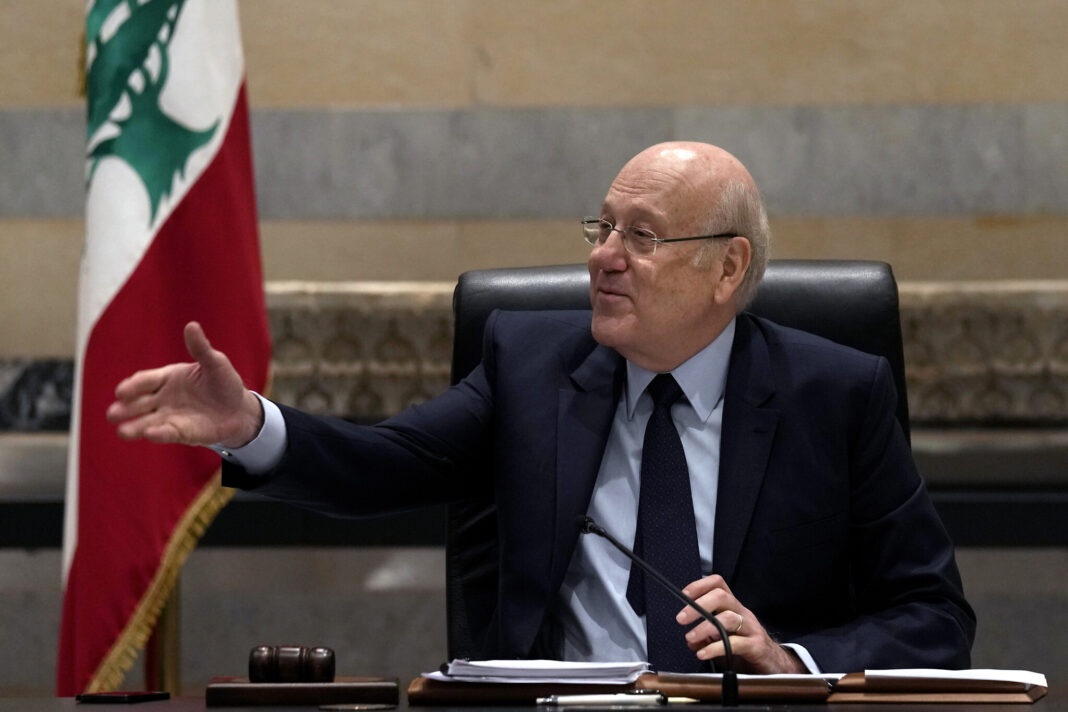The ongoing economic turmoil in Lebanon has reached a critical juncture, compelling interim Prime Minister Najib Mikati to implore parliament to address pressing economic legislation. A recent power blackout and parliamentary inaction exemplify how the political deadlock and public frustration have exacerbated the situation.
Prime Minister Najib Mikati’s call for parliament to scrutinize vital economic laws underscores his concern about Lebanon’s precarious state. The lack of progress on the Sovereign Wealth Fund and capital control measures highlights the political impasse preventing the nation from tackling immediate economic challenges. Mikati emphasized that the absence of parliamentary action jeopardizes Lebanon’s economic stability, especially as the country transitions to a cash-based economy, necessitating swift measures to mitigate potential fallout.
While Lebanon grapples with economic turmoil, diverting focus to issues like the blasphemy law underscores the challenge of prioritizing critical economic legislation. The persistent emphasis on divisive topics detracts from urgently needed steps that could aid the country’s recovery. A recent power outage underscored the government’s struggle to address infrastructure and basic service issues. In response to a 24-hour shutdown due to accumulated debts and unmet commitments, Mikati pledged to address the financial needs of a major power provider.
Banque du Liban (BDL), Lebanon’s central bank, must delicately balance fund distribution with significant reforms. Acting Governor Wassim Mansouri’s stance highlights the necessity for legislative action alongside substantial reforms before releasing funds. This bureaucratic stalemate exacerbates the nation’s economic predicament.
In conclusion, Lebanon’s economic woes are compounded by political inaction, divisive distractions, and infrastructure deficiencies. The failure to address crucial economic legislation and infrastructure challenges continues to impede progress. The urgent need for unified action and meaningful reforms becomes increasingly apparent as the nation grapples with these complex issues.

